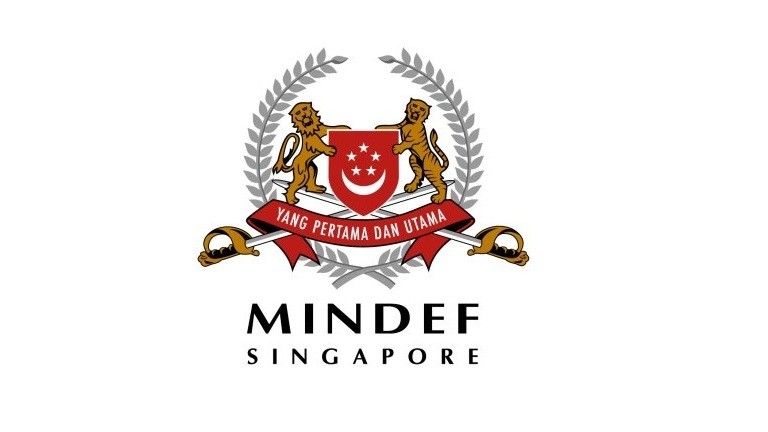On Sunday, 1 February, The Online Citizen published a letter from Mindef which was sent to Dr Ting Choon Meng, the inventor of the Station With Immediate First-Aid Treatment (SWIFT) vehicle.
Dr Ting has accused Mindef of not seeking his permission to use the Intellectual Property rights to the vehicle.
Mindef in turn has rejected Dr Ting’s claims and demanded that Dr Ting refrained from repeating them.
If Dr Ting does not give an undertaking to comply with its demands, Mindef said it will file “an application… under the Protection from Harassment Act 2014 to obtain a court order restraining [Dr Ting] from further publication of these false statements.”
Read the Mindef letter here: “Declare false statement, or face court order under harassment law: Mindef to Dr Ting.”
The Protection from Harassment Act was passed by Parliament in March 2014 and came into force in November of the same year.
You can read the Act here: “Protection from Harassment Act”.
While protecting individuals from harassment, alarm or distress, fear or provocation of violence, it also specifically protects public servants or public service workers from:
Any indecent, threatening, abusive or insulting words or behaviour; or any indecent, threatening, abusive or insulting communication.
“The Protection Order will direct the harasser to stop the harassing behaviour. The Protection Order can also put a stop to the spread of harassing communication by others who re-publish the communication. In urgent cases, the Court may grant a temporary Expedited Protection Order on the spot.” (Straits Times)
It is however unclear if public institutions, such as Mindef, rather than individuals, have recourse to the Act.
According to the Ministry of Law website, the Act seems to be directed at individuals, even those in the public service:
“The existing protection for public servants will be extended to workers who deliver essential services to the general public, such as public healthcare workers and public transport workers.”
It does not mention “public institutions”, but individuals in the public service.
At the Second Reading of the Bill in Parliament in March 2014, Law Minister K Shanmugam explained the purpose of the Act:
“If you are sending flowers repeatedly, you can be asked to stop. If you are persistently outside the girl’s house, following her about, you can be told to stop. If you have uploaded a nude photograph, you can be told to take it down, and website administrators can be told to remove it and not put it up again. That is what we seek to do.”
It would thus seem that the aim or purpose of the Act is primarily to protect individuals, and not institutions.
And Mr Shanmugam also explained how not all forms or incidences of perceived harassment need recourse to the law.
“Take attacks against someone involving lies, untruths, inaccuracies – 75% of those polled by REACH were of the view that such conduct should, ipso facto, be treated as harassment. Our view really is that we should not criminalise all such conduct, and that we really should keep to the definition of harassment, which already exists in the law, and simply give greater remedies.”
He added:
“Instead, if there are falsehoods, and let us say it is harassment, or it is borderline harassment; or maybe nearly harassment; or not harassment but it is a clear falsehood, then the victim has the right to ask the relevant parties that the falsehoods be corrected, maybe through publication of replies, which may set out the correct facts. Some victims of harassment may well choose that route instead of having to make a criminal complaint, as I said earlier, or launch a civil claim and claim damages. They just want the truth to be out and they do not want to escalate the matter further, and we should allow that. So it is a lower tier of remedy rather than having to go to the criminal and civil law all the time and make claims.”
But not all such incidences will have such results.
“Of course, if the offending party or websites refuse to carry the clarification or the response, or the correction, or a notification that the true facts can be found somewhere else, or the victim’s reply is not able to get the same level of visibility as the falsehood, the law should provide some recourse,” the Law Minister said.
Nonetheless, it still remains to be seen if the courts will grant Mindef its application, if it files one against Dr Ting under the Protection from Harassment Act.
It would be the first time that a public institution seeks the courts’ protection from alleged harassment from a member of the public under the Act.
And this will have far-reaching consequences, perhaps further than what Singaporeans may have the thought the Act was suppose to do.
Finally, it is worth noting that when addressing concerns that some victims of harassment may be afraid that “going to lawyers and going to the courts [will] both take time and money, and often the victims will not be in a position to do so,” Mr Shanmugam said that the law should provide expedited Orders.
“We are very mindful of this, and this [the Act] is really focusing on the man or woman in the street who is harassed and victimised.” [Emphasis added.]








